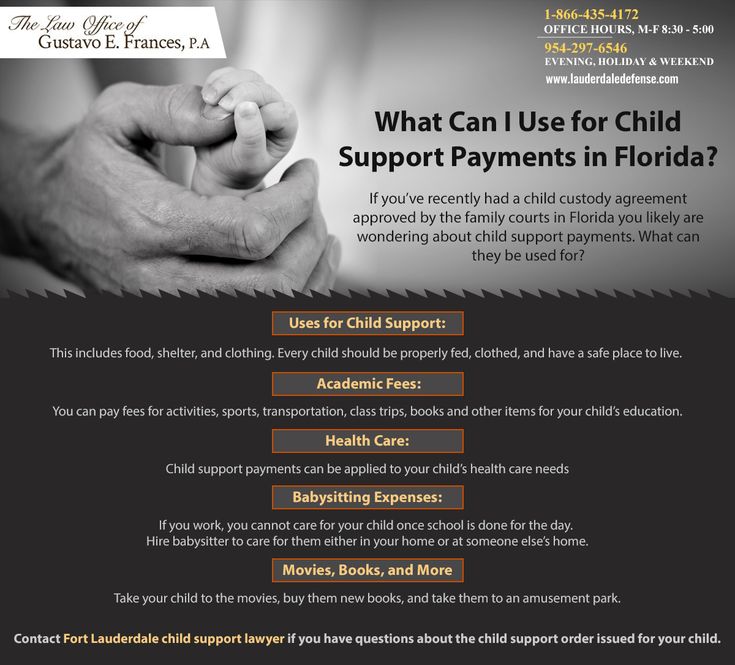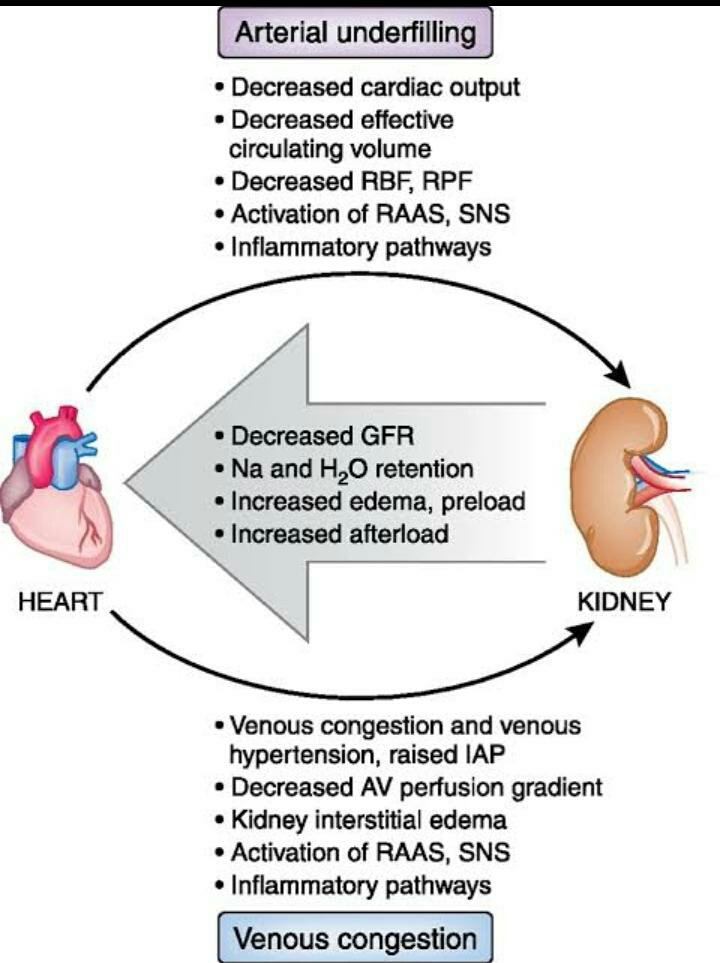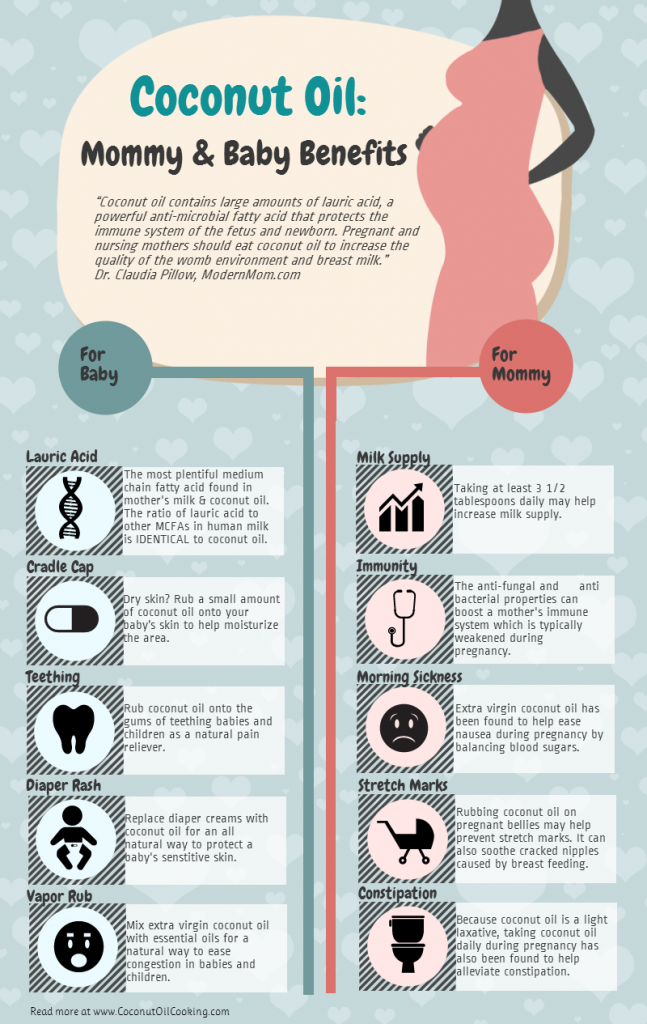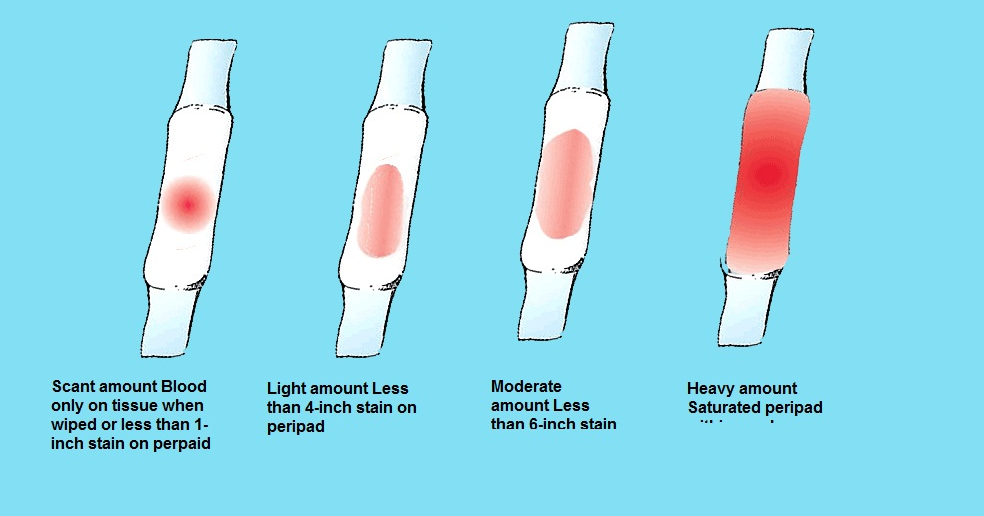How to keep sole custody of your child
When is it Needed / Awarded?
What is sole custody?
The general phrase sole custody can refer to sole physical custody, sole legal custody or both. You'll also hear sole custody called full custody.
If a parent has sole physical custody, their child lives with them full-time and has visits (potentially supervised visits) with the other parent, unless the court finds that visits wouldn't be in the child's best interest.
If a parent has sole legal custody, they can make all major decisions regarding the child without consulting the other parent; this includes decisions about medical care, education, religious upbringing and moral development. The other parent can still make small, day-to-day choices when caring for the child.
Bring calm to co‑parenting. Agree on a schedule and plan. Be prepared with everything documented.
Make My Parenting Plan Now
When should I seek sole custody?
The clearest reason to ask for sole custody is to protect your child from physical harm, especially if the other parent has a history of any of the following issues:
ABUSE: If a parent has assaulted or sexually abused the other parent or any child, this presents an obvious danger to their child.
NEGLECT: If a parent has previously neglected the child, this neglect could continue in the future. Neglect is the failure to provide a child with necessary medical care, dental care, supervision, food, clothing, shelter or other safeguards to protect the child's well-being.
SUBSTANCE ABUSE: A parent who abuses drugs or alcohol presents a danger to the child. The altered mental state that occurs as a result of substance abuse prohibits the parent from being able to properly care for the child.
MENTAL ILLNESS: A child should be protected from a parent who is mentally unstable and exhibits irrational and unpredictable behavior. For example, a child should never be left with a suicidal parent.
There are also reasons to obtain sole custody beyond protecting the child physically:
ABANDONMENT: Sometimes parents can't or won't take care of their child. If a parent has shown little interest in their child and has failed to maintain contact with them, you may want sole custody so the parent can't resurface years later to exercise custody rights as a virtual stranger.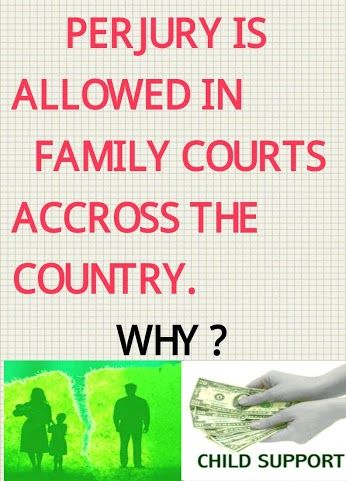
INCARCERATION: If a parent is imprisoned, they cannot provide a home or care for the child. In this case, you may want to seek sole custody, and the other parent can have visits with the child after their release from prison, if appropriate. Don't feel obligated to take your child to visit a parent in prison if you feel it may harm the child emotionally.
RELOCATION: If a parent plans to move out of the state or country, it may be best for one parent to have sole custody.
Above all, sole custody should be for the good of the child, not for depriving the other parent.
What are my chances of getting sole custody?
The chances of getting sole custody vary greatly and depend on the circumstances of your case.
Most courts start with an assumption that children benefit from spending time with both parents. However, they know joint custody is not appropriate in every situation.
If you and the other parent agree on sole custody, the judge will typically approve your agreement.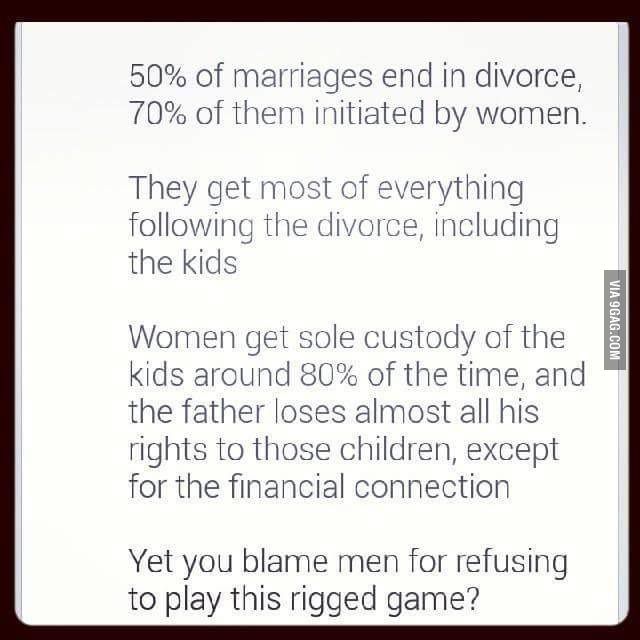
If the other parent does not contest your request for sole custody, the lack of interest will typically compel a judge to award sole custody.
If the other parent decides to fight for custody, you may face a long battle. Be prepared to show why sole custody would be in the child's best interest and provide proof of any allegations you make.
How to get sole custody of a child without going to court
A mother who gives birth while unmarried automatically has sole custody of her child until a court rules otherwise or until she and the father officially acknowledge his parenthood.
Also, a child's only living parent usually has sole custody.
Otherwise, your best option for getting full child custody without a trial is to reach an agreement with the other parent. If you decide together that your child would benefit from sole custody, write this in your custody agreement. Include details about any decisions the noncustodial parent can make for your child, when your child will spend time with that parent and how you'll support their relationship.
The easiest way to make a sole custody agreement
Creating a custody agreement on your own can feel overwhelming. You have to be sure to use airtight legal language and can't omit any required information.
Use technology to take the guesswork out of the equation. The Custody X Change app walks you through each step of creating a comprehensive custody agreement.
You can include a visitation calendar for the noncustodial parent, plus parenting stipulations, such as forbidding alcohol consumption during visits.
The result is a professional document that demonstrates your competence as a parent and secures your child's future.
The easiest, most reliable way to make a custody agreement is with Custody X Change.
Bring calm to co‑parenting. Agree on a schedule and plan. Be prepared with everything documented.
Make My Parenting Plan Now
Bring calm to co‑parenting. Agree on a schedule and plan. Be prepared with everything documented.
 Make My Plan
Make My PlanHow to get sole custody
How to get sole custody by Ronna L. DeLoe, Esq.
by Ronna L. DeLoe, Esq.
updated January 25, 2023 · 3min read
Many parents head into their divorce proceedings without a solid understanding of the differences between full custody and sole custody. They aren't the same thing, so you need to know what you're asking for when you head into court.
Sole custody includes both legal and physical custody. A parent can have one or the other. Full custody is when both legal and physical custody are awarded to one parent.
Sole custody vs. joint custody
For some families, sole custody can be the best outcome for the child. Here's what sole custody entails:
- Sole physical custody is where the child lives primarily with one parent, while the other parent has visitation rights.
- Sole legal custody is where one parent has decision-making authority. This includes making major decisions about education, religion, and medical care.

- Sometimes a parent will have both sole physical custody and sole legal custody, although this is the exception, rather than the rule.
- Often, if one parent has sole physical custody, the parents have joint legal custody, which requires discussing major decisions and coming to an agreement.
- Joint custody, or shared custody, can be either joint physical custody, joint legal custody, or both. With joint physical custody, the child lives with each parent for a certain percentage of time, such as part of a week or every other week.
- Each state has its own view of custody, but because courts want both parents involved in the child's life, judges typically want the parents to have joint custody.
How to obtain full custody
How can you get full custody if joint custody is what most courts want? There are certain elements you must show to defeat a court's preference for joint custody. How to get sole legal custody or sole physical custody, or both, can happen if the following are true:
- Sole custody is in the best interests of the child, and
- Joint custody isn't a good idea because you and your spouse can't get along well enough to co-parent your child
Almost all states require the court to consider the best interests of the child before awarding sole custody.
If sole custody isn't in your child's best interests, you will probably have to settle for joint custody.
Some scenarios in which you have a better chance of getting sole custody:
- The other parent is unable to adequately raise or properly supervise the child
- The other parent has neglected, abused, or abandoned the child
- You have a more flexible work schedule than the other parent, or you're available to take care of the child more often
- You have a restraining or protective order against the other parent, and the other parent poses a threat to the child
- The child is old enough to express his preference, and your state allows your child to have input about his custody
- The child has special needs, which you are better equipped to handle
- The child has bonded better with you and is thriving in your care
- You are the primary caregiver, and the other parent has minimal involvement in the child's upbringing
- You are the better parent at helping ensure the child's educational success
- You have more financial stability than the other parent
- You offer the child a more stable home environment (shelter, food, attention)
- The other parent has serious issues, such as domestic violence, substance or alcohol abuse, or other serious mental health issues that interfere with raising the child
Is there a preference for full custody for mothers?
Most states used to award custody to mothers more often than to fathers. Now, almost every state has laws allowing both parents to get custody. As many fathers know, however, some judges still believe the mother should be the custodial parent. Some states are better than others in allowing either you or your spouse to have an equal chance of getting full custody.
Now, almost every state has laws allowing both parents to get custody. As many fathers know, however, some judges still believe the mother should be the custodial parent. Some states are better than others in allowing either you or your spouse to have an equal chance of getting full custody.
If you're seeking sole custody, you should hire an experienced family lawyer. Custody is too important to handle by yourself.
Get help with divorce LEARN MORE
About the Author
Ronna L. DeLoe, Esq.
Ronna L. DeLoe is a freelance writer and a published author who has written hundreds of legal articles. She does family … Read more
Related Topics
This portion of the site is for informational purposes only. The content is not legal advice. The statements and opinions are the expression of the author, not LegalZoom, and have not been evaluated by LegalZoom for accuracy, completeness, or changes in the law.
Divorce situations -
The child has the right to maintain a close and secure relationship with both parents even after their divorce.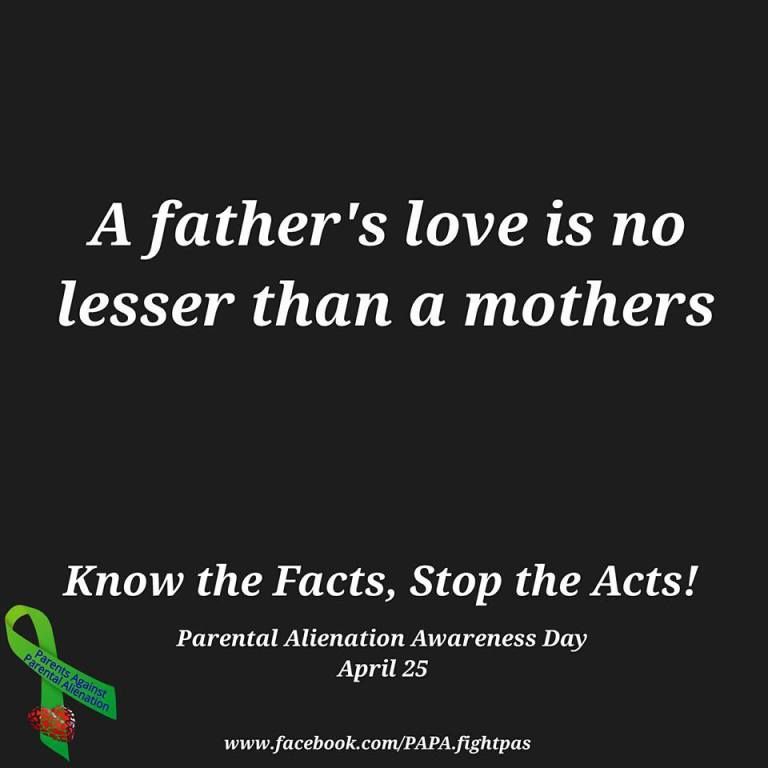 In the case of separation, the parents must agree among themselves on the custody of the child, his residence, visitation rights and the payment of alimony.
In the case of separation, the parents must agree among themselves on the custody of the child, his residence, visitation rights and the payment of alimony.
Parents must decide whether they are still the child's guardians and with whom the child will live. The child has the right to meet with both parents, and both parents are required to participate in the maintenance/financing of the child's living expenses.
One parent may be ordered to pay child support to the other parent who has the child's registered residence.
Joint custody or sole custody
The most common form of child custody after a parent's divorce is joint custody. This means that parents decide together on issues that are important for the child's life, such as parenting, medical issues or travel.
Matters relating to the child's daily life are decided by the person with whom the child lives. If the parents are joint guardians of the child, one parent does not have the right to change the place of residence of the child, taking him abroad, without the consent of the other parent, even if the child lives with the parent taking him abroad. When applying for a child's passport, both parents must sign the application for a passport.
When applying for a child's passport, both parents must sign the application for a passport.
If joint custody is not the best solution after the parents divorce, one parent can apply for sole custody of the child. This means that the single parent will be able to independently resolve issues concerning the child, without consulting with the other parent. However, in all situations, it should be remembered that the child has the right to meet with both parents.
Useful links
- You can find more information and support in English on the Apuaeroon.fi website.
When divorce becomes a decision
A divorce can be filed by both spouses jointly or by one of the spouses. After a six-month deliberation period, the divorce is confirmed and takes effect. A civil marriage is considered completed when the spouses cease to live at the same address.
Agreements concerning children after divorce
Advice and agreements relating to divorce, child custody, residence, visitation and maintenance are provided by the family law services of the municipalities.
From the children's point of view, a joint agreement between the parents on matters relating to child custody, housing and visitation rights, and alimony is preferable. Parents can agree on all issues at their discretion.
An agreement may be concluded orally or in writing. However, a written agreement is preferred so that parents can submit it for approval by the child welfare officer. This guarantees the realization of the right of the child to meet with both parents. If one of the guardians does not take part in the maintenance of the child in an agreed manner, in the absence of a formal agreement with the authorities, Kela will not pay child support.
If an agreement is not reached
If the situation escalates and the parents cannot agree on a division of responsibilities, an agreement cannot be reached with the help of a child welfare officer. A special service - family mediation - helps to achieve reconciliation. Read more about family mediation on the Social Services for Families with Children page.
If an agreement is still not reached, the parties may need legal assistance or litigation. In this case, the court decides with whom the child will live and how meetings with the other parent will be scheduled. To make a decision, the court will need an explanation of the circumstances of the case from the social service.
For those who are contemplating divorce or are experiencing a breakup, support is available, such as a support group. There are special support groups for children. Find out more about social counseling or services for families with children in your municipality.
Glossary
This glossary explains the meaning of the most important terms related to child protection.
Glossary
Guardianship. Great Russian Encyclopedia
Legal institutions
- Knowledge areas:
- Legal regulation of the protection of the rights of orphans left without parental care, Representation.
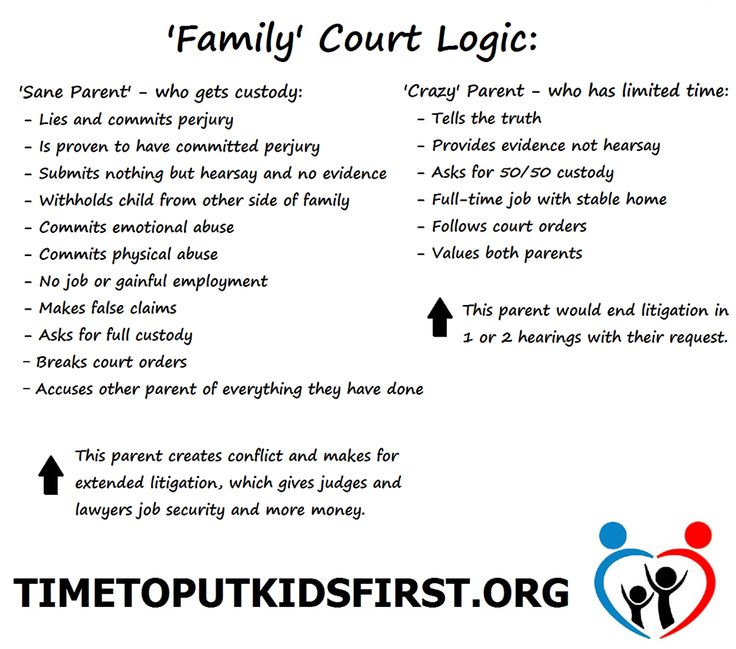 Power of attorney
Power of attorney
Guardianship, legal form of protection of personal non-property and property rights and interests of incapacitated citizens; legal relationship to establish guardianship, on the basis of which activities are carried out to protect the rights and interests of citizens.
History
Initially, the legal institution of guardianship was intended to protect the interests of relatives of orphans who were left without a father. So, in ancient Rome during the republic, the main purpose of guardianship was to protect the property of the ward in the interests of his heirs. Therefore, the order of calling to guardianship (if the guardian was not appointed in the will) coincided with the order of calling to inheritance, that is, the closest agnate of the ward was the guardian. With the weakening of family ties, guardianship became a public duty (munus publicum) and, along with guardianship by virtue of agnatic kinship and guardianship by will, began to arise by appointment by the state. The guardian became the legal representative of the ward and the manager of his property in his, and not in his own interests. Roman guardianship at first concerned only the period of infancy. Around 186 BC. e. the law established that a fatherless minor under the age of 25 could ask the praetor for a special curator (trustee) for certain transactions, and guardianship was divided into two types: guardianship in the proper sense (tutela) and guardianship (cura).
The guardian became the legal representative of the ward and the manager of his property in his, and not in his own interests. Roman guardianship at first concerned only the period of infancy. Around 186 BC. e. the law established that a fatherless minor under the age of 25 could ask the praetor for a special curator (trustee) for certain transactions, and guardianship was divided into two types: guardianship in the proper sense (tutela) and guardianship (cura).
The current state of the institution of guardianship
Guardianship in Russian law
In the Russian Federation, relations arising in connection with the establishment, implementation and termination of guardianship and guardianship are regulated by the Civil Code of the Russian Federation, Federal Law of April 24, 2008 No. 48-FZ " On guardianship and trusteeship” (Law on guardianship) and other normative legal acts of the Russian Federation adopted in accordance with them. Features of the establishment, implementation and termination of guardianship and guardianship over minor citizens are determined by the Family Code of the Russian Federation (FC RF) and other regulatory legal acts containing family law norms.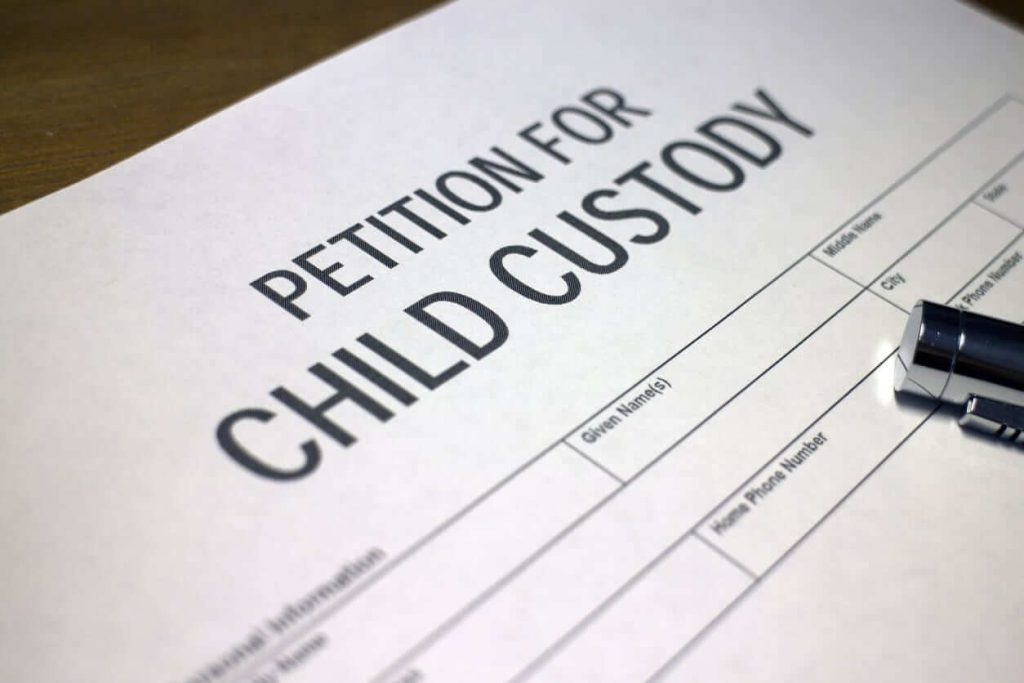
The bodies of guardianship and guardianship are the executive authorities of the subject of the Russian Federation. Local self-government bodies of municipalities, in whose territories there are no guardianship and guardianship authorities, may be vested with the powers of guardianship and guardianship by the law of the constituent entity of the Russian Federation.
Guardianship is established over children left without parental care for the purpose of their maintenance, upbringing and education, as well as for the protection of their rights and interests. Guardianship is established over minors under the age of 14, as well as over citizens recognized by a court as incompetent due to a mental disorder. Guardianship is established over minors aged 14 to 18 years, as well as over citizens limited by the court in their legal capacity due to the abuse of alcohol or drugs. As a rule, guardianship is carried out free of charge. At the same time, it is possible to establish contractual (compensated) guardianship. It is also possible to establish preliminary, and in relation to minors - temporary, as well as testamentary guardianship at the request of his parents (parent). Guardianship may be established at the request of a minor who has reached 14 years of age.
It is also possible to establish preliminary, and in relation to minors - temporary, as well as testamentary guardianship at the request of his parents (parent). Guardianship may be established at the request of a minor who has reached 14 years of age.
Temporary and testamentary guardianship is established on the basis of the Guardianship and Guardianship Act. So, according to part 1 of Art. 12 of this law, temporary (or preliminary) guardianship is appointed on the basis of an act of the guardianship and guardianship authority, if in the interests of an incapacitated or not fully capable citizen, he needs to immediately appoint a guardian or trustee, including when taking the child away from the parents or persons replacing them, on the basis of Art. 77 of the RF IC and the inappropriateness of placing a child in an organization for orphans and children left without parental care. Only an adult capable citizen may be temporarily appointed as a guardian or custodian. Temporary (preliminary) guardianship (trusteeship) is appointed for a period of up to 6 months and terminates if, before the expiration of 6 months from the date of adoption of the act on the temporary appointment of a guardian or custodian, the temporarily appointed guardian or custodian is not appointed as a guardian or custodian in the general manner. In the presence of exceptional circumstances, the specified period may be extended up to 8 months (part 5 of article 12 of the Guardianship Law).
In the presence of exceptional circumstances, the specified period may be extended up to 8 months (part 5 of article 12 of the Guardianship Law).
Art. 13 of the Law on Custody, the only parent of a minor child in the event of his death or both parents in the event of their simultaneous death (i.e. death on the same day) has the right to determine a guardian or custodian for the child (the so-called testamentary guardianship). A single parent or both parents can make the corresponding order in an application submitted to the guardianship and guardianship authority at the place of residence of the child.
Placement of a child under guardianship or guardianship is carried out taking into account his opinion. The appointment of a guardian for a child who has reached the age of 10 years is carried out with his consent. The transfer of brothers and sisters under guardianship or guardianship to different persons is not allowed, unless such transfer is in the interests of the children.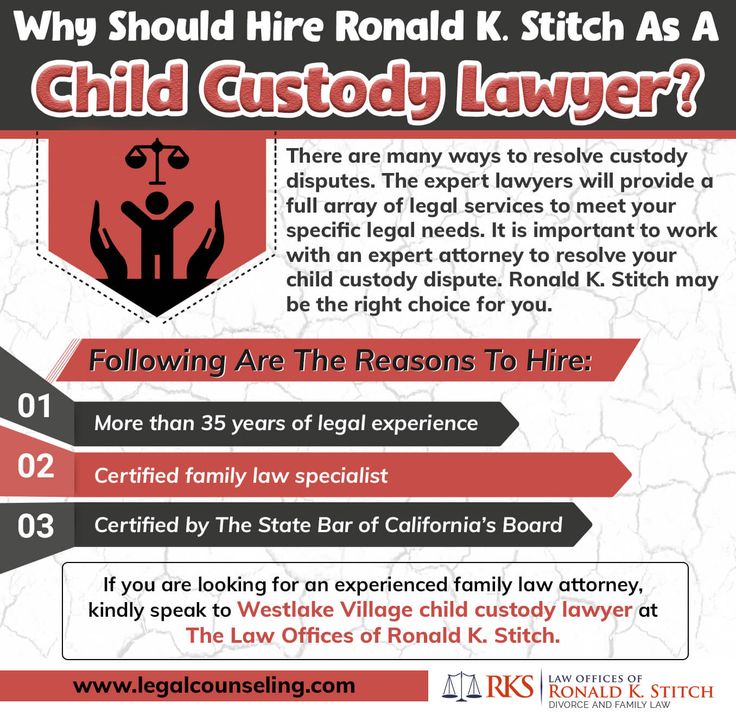
Placement of a child under guardianship or guardianship is allowed in accordance with the Guardianship Law under an agreement on the implementation of guardianship or guardianship, including under an agreement on a foster family, or in cases provided for by the laws of the constituent entities of the Russian Federation, under an agreement on a foster family (patronage, foster care) (clause 6, article 145 of the Family Code of the Russian Federation). When placing a child under guardianship or guardianship under an agreement on the implementation of guardianship or guardianship, it is required to adopt an act of the guardianship and guardianship body on the appointment of a guardian or trustee who performs his duties for a fee.
Guardians (custodians) may be appointed only persons of full legal capacity. Close relatives and family members of the ward have the preferential right to be guardians or trustees over all other persons. The rights and obligations of guardians and custodians are determined by civil law, the Law on Guardianship, and regarding the education and upbringing of minor wards - by family law. When appointing a guardian (trustee) to a child, the moral and other personal qualities of the guardian (trustee), his ability to perform the duties of a guardian (trustee), the relationship between the guardian (trustee) and the child, the attitude towards the child of family members of the guardian (trustee), as well as, if possible, the desire of the child himself.
When appointing a guardian (trustee) to a child, the moral and other personal qualities of the guardian (trustee), his ability to perform the duties of a guardian (trustee), the relationship between the guardian (trustee) and the child, the attitude towards the child of family members of the guardian (trustee), as well as, if possible, the desire of the child himself.
Guardians (custodians) act in defense of the rights and interests of their wards in relations with any persons, including in courts, without special authority. The guardians represent the wards by virtue of the law and make on their behalf and in their interests all the necessary transactions, and the trustees agree to the conclusion of those transactions that the wards are not entitled to make on their own. Guardians of minor citizens assist their wards in exercising their rights and fulfilling their obligations, and also protect them from abuse by third parties.
The guardian is not entitled to make without prior permission of the body of guardianship and guardianship, and the trustee - to give consent to the conclusion of transactions that entail a decrease in the property of the ward. The law prohibits a guardian, trustee, their spouses and close relatives from making transactions for compensation with a ward.
The law prohibits a guardian, trustee, their spouses and close relatives from making transactions for compensation with a ward.
A guardian or trustee of a child has the right and obligation to raise a child under their guardianship or guardianship, to take care of the health, physical, mental, spiritual and moral development of the child. The guardian or custodian shall not have the right to prevent the child from communicating with his parents and other relatives, except in cases where such communication is not in the interests of the child.
Guardianship and guardianship over adult citizens are terminated in cases where a court decides that the ward is legally capable or the restrictions on his legal capacity are lifted at the request of the guardian, trustee or guardianship and guardianship authority. When a minor ward reaches the age of 14, guardianship over him is terminated, and the guardian becomes the guardian of the minor without an additional decision on this.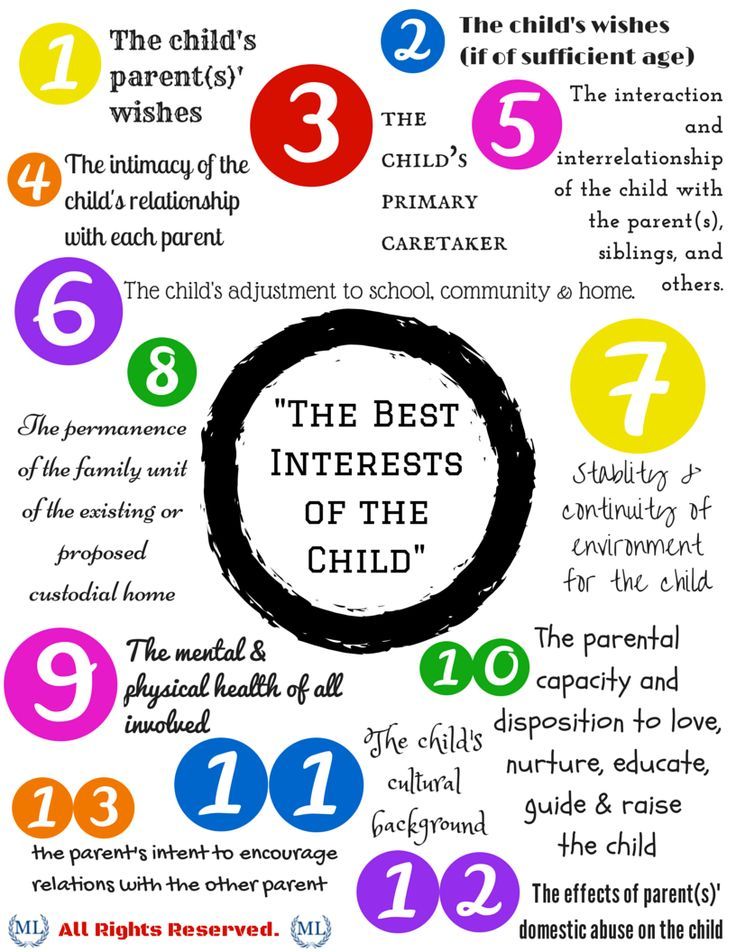 The guardianship of a minor is terminated without a special decision upon reaching the age of 18, as well as in cases where he acquires full legal capacity before reaching the age of majority.
The guardianship of a minor is terminated without a special decision upon reaching the age of 18, as well as in cases where he acquires full legal capacity before reaching the age of majority.
A form of guardianship of minor children is a foster family. Guardianship (trusteeship) activity is based on the principles: free acceptance by a citizen of guardianship (trusteeship) duties and free refusal of the guardian or trustee to fulfill his duties; control over the activities of guardianship and guardianship; ensuring the protection of the rights and legitimate interests of wards. The state provides material support for guardianship and guardianship in the form of allowances and other payments intended for living, food and other needs of the ward, as well as allowances and other payments intended to meet the needs of the guardian or trustee.
Guardianship in international law and the law of foreign countries
Unlike guardianship as a form of protecting the rights and interests of minors left without parental care, the Hague Convention on the Civil Aspects of International Child Abduction (1980) uses the concept of “right to guardianship” in relation to to parents, which is identical to the concept of "parental rights".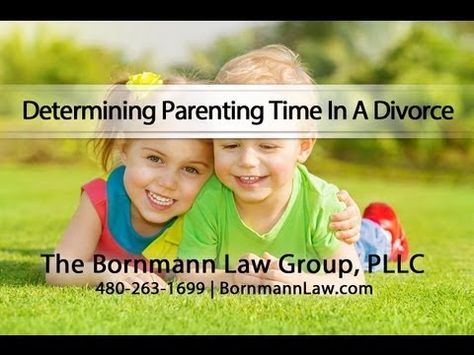
In a number of foreign countries (France, Great Britain, USA) there is guardianship by virtue of law, when the child's parents are guardians from the birth of the child. In the countries of continental Europe, as a rule, custody is exercised jointly by both parents, who are the legal representatives of the children and the legal administrators of their property, represent the minor in all civil law transactions, except when the law allows the minor to make transactions independently. If the interests of a minor conflict with the interests of a parent, the law provides for additional protection of the rights of the minor. In the law of Great Britain and the United States, parents, within the framework of the legal guardianship of their children, exercise the functions of protection, supervision and protection. Legal custody is divided into legal protection, which gives the parent the right and obligation to make decisions regarding the education, medical care and treatment of the child, and corporal protection, on the basis of which the parent has the right to keep the child in his home to live together.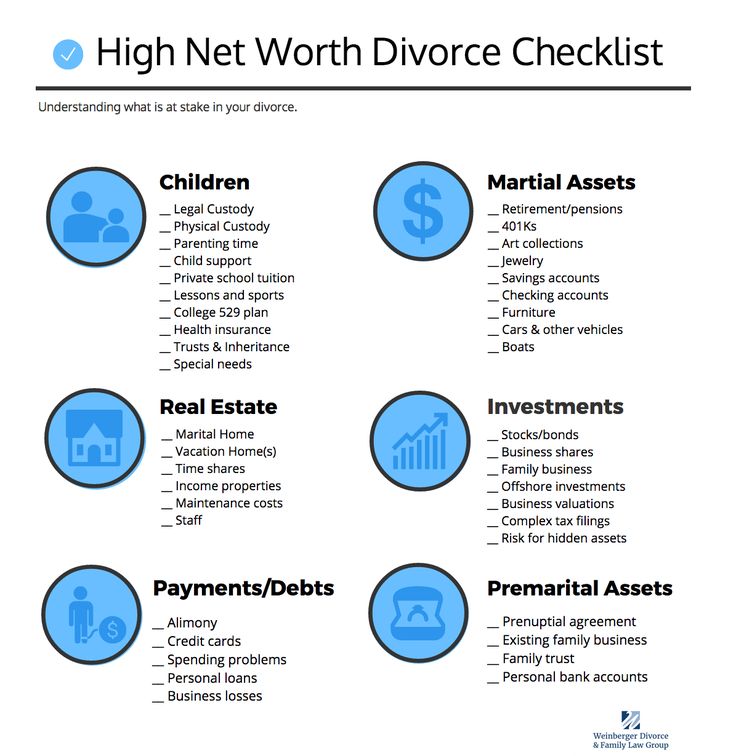 Married parents share custody of the child, including their responsibility to protect the child. When a marriage is dissolved, the issue of custody of the child is decided in court. The court may grant sole protection to one of the parents or retain joint protection to both parents. In the latter case, the parents are obliged to jointly decide on important issues in the life of the child.
Married parents share custody of the child, including their responsibility to protect the child. When a marriage is dissolved, the issue of custody of the child is decided in court. The court may grant sole protection to one of the parents or retain joint protection to both parents. In the latter case, the parents are obliged to jointly decide on important issues in the life of the child.
Appointed guardianship is established over minor children who have lost their parents; whose parents for one reason or another cannot represent the interests of children; whose parents are not properly caring for their children; in cases where the health, safety or morals of a minor are in danger (France, Germany, Switzerland). The parent has the right to choose a guardian, which he can exercise, including in a will. Only a capable person who possesses the qualities to perform guardianship functions may be appointed as a guardian. In Germany, government officials and clergy are required to obtain permission to exercise guardianship.